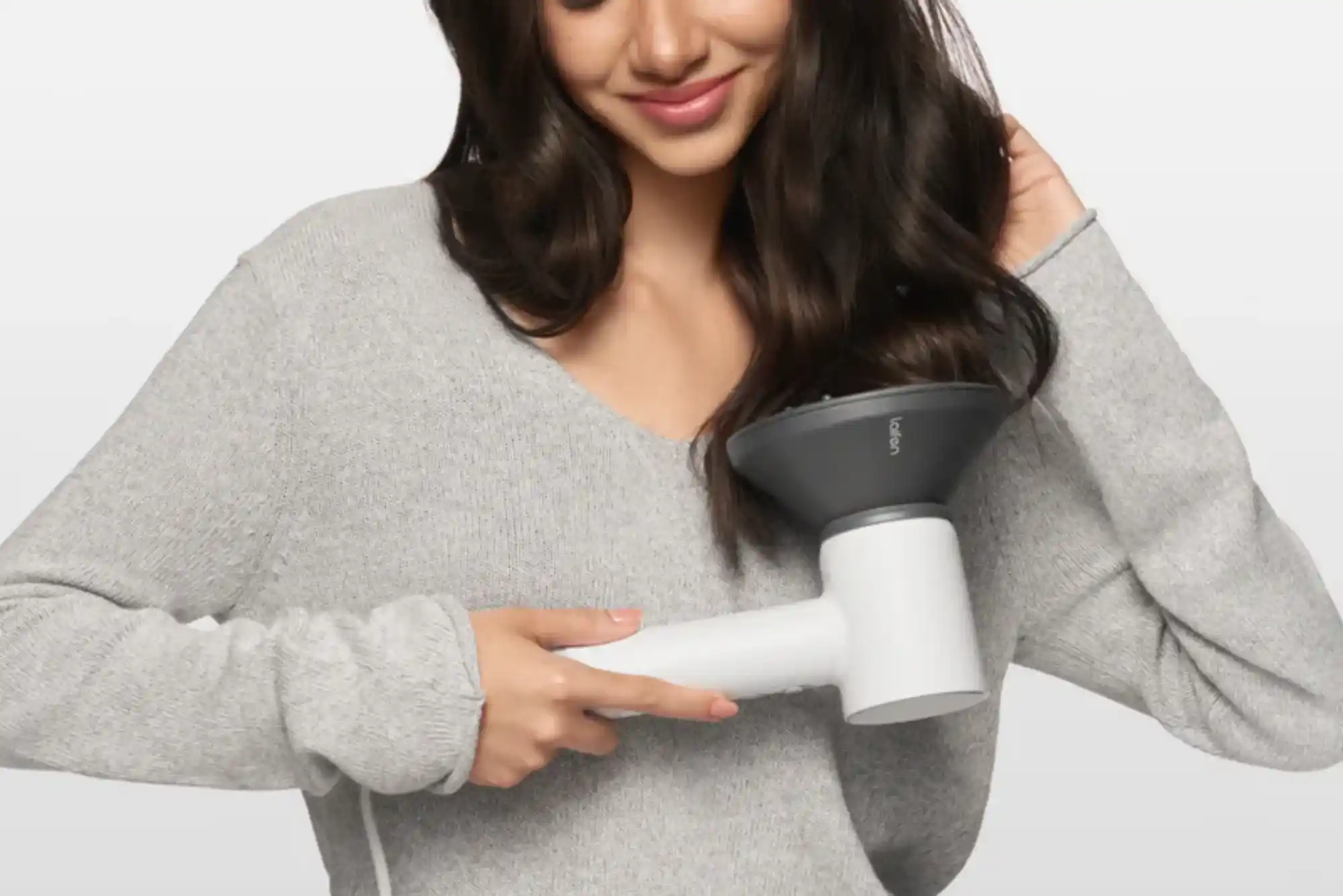Introduction
Dolopar tablet can be used by gastric bypass patients only with medical supervision. Due to anatomical and absorption changes in the gastrointestinal tract after bariatric surgery, it is crucial to consult a healthcare provider before taking medications like Dolopar. This combination of paracetamol and diclofenac may pose certain risks, including gastrointestinal irritation, ulcers, or reduced effectiveness.
Understanding Dolopar Tablet
Dolopar is a widely prescribed combination medication used to treat pain, inflammation, and fever. It contains two active ingredients:
- Paracetamol: An analgesic and antipyretic
- Diclofenac: A non-steroidal anti-inflammatory drug (NSAID)
While effective, NSAIDs like diclofenac can be harsh on the stomach lining. For gastric bypass patients, who already face increased gastrointestinal sensitivity and altered absorption, the use of such medications should be cautiously approached.
Risks Associated with Dolopar Use Post-Gastric Bypass
Following gastric bypass surgery, the digestive system undergoes significant changes. The stomach size is reduced, and the intestines are rerouted, impacting how medications are absorbed. The primary risks of using Dolopar in such cases include:
- Increased risk of gastric ulcers
- Reduced absorption and efficacy
- Potential renal stress due to NSAID component
It’s essential to assess whether the benefits outweigh the risks for each individual patient. Some healthcare providers may suggest alternative pain relievers with a safer profile.
Safer Alternatives and Precautionary Measures
In many cases, paracetamol alone is a safer alternative for post-bariatric pain management. If an NSAID is necessary, it must be administered with gastroprotective agents (like proton pump inhibitors) and under strict supervision. Additionally, liquid formulations or dissolvable tablets may be better suited for improved absorption.
Step-by-Step Instructions for Gastric Bypass Patients Taking Dolopar
If your doctor deems Dolopar suitable, follow these detailed steps to minimize complications:
- Consult Your Surgeon or Physician: Get approval from a healthcare provider familiar with your surgical history.
- Prefer Liquid or Soluble Form: Ask for a formulation that enhances absorption.
- Take With Food (If Permitted): If allowed by your post-surgery diet plan, take Dolopar with a small meal or snack.
- Use Gastroprotective Agents: Your doctor may prescribe medications like omeprazole alongside Dolopar to protect your stomach lining.
- Stay Hydrated: Maintain adequate fluid intake to support kidney function and medication metabolism.
- Monitor for Symptoms: Watch for signs of stomach pain, bleeding, or black stools and report to your doctor immediately.
Key Considerations Before Taking Dolopar After Gastric Bypass
- Always consult your bariatric surgeon or healthcare provider
- Avoid self-medication with NSAIDs post-surgery
- Use liquid or dissolvable forms when possible
- Combine with gastroprotective medication
- Monitor for side effects and unusual symptoms
FAQs
Q1. Can Dolopar cause ulcers in gastric bypass patients?
Yes, NSAIDs like diclofenac in Dolopar increase the risk of ulcers, especially in the sensitive post-surgery digestive tract.
Q2. Are there alternatives to Dolopar for pain relief?
Paracetamol alone or opioid-based painkillers (short-term) are often safer alternatives post-bariatric surgery.
Q3. What symptoms should I monitor after taking Dolopar?
Look for abdominal pain, nausea, vomiting, black stools, or unusual fatigue and contact your doctor if any occur.
Q4. Can Dolopar be taken in liquid form?
Yes, liquid formulations are preferred as they are easier to absorb in the altered digestive system.
Q5. How long after gastric bypass can I resume normal medication?
This varies per patient; always follow your doctor’s timeline. Typically, careful medication monitoring continues for months post-op.












